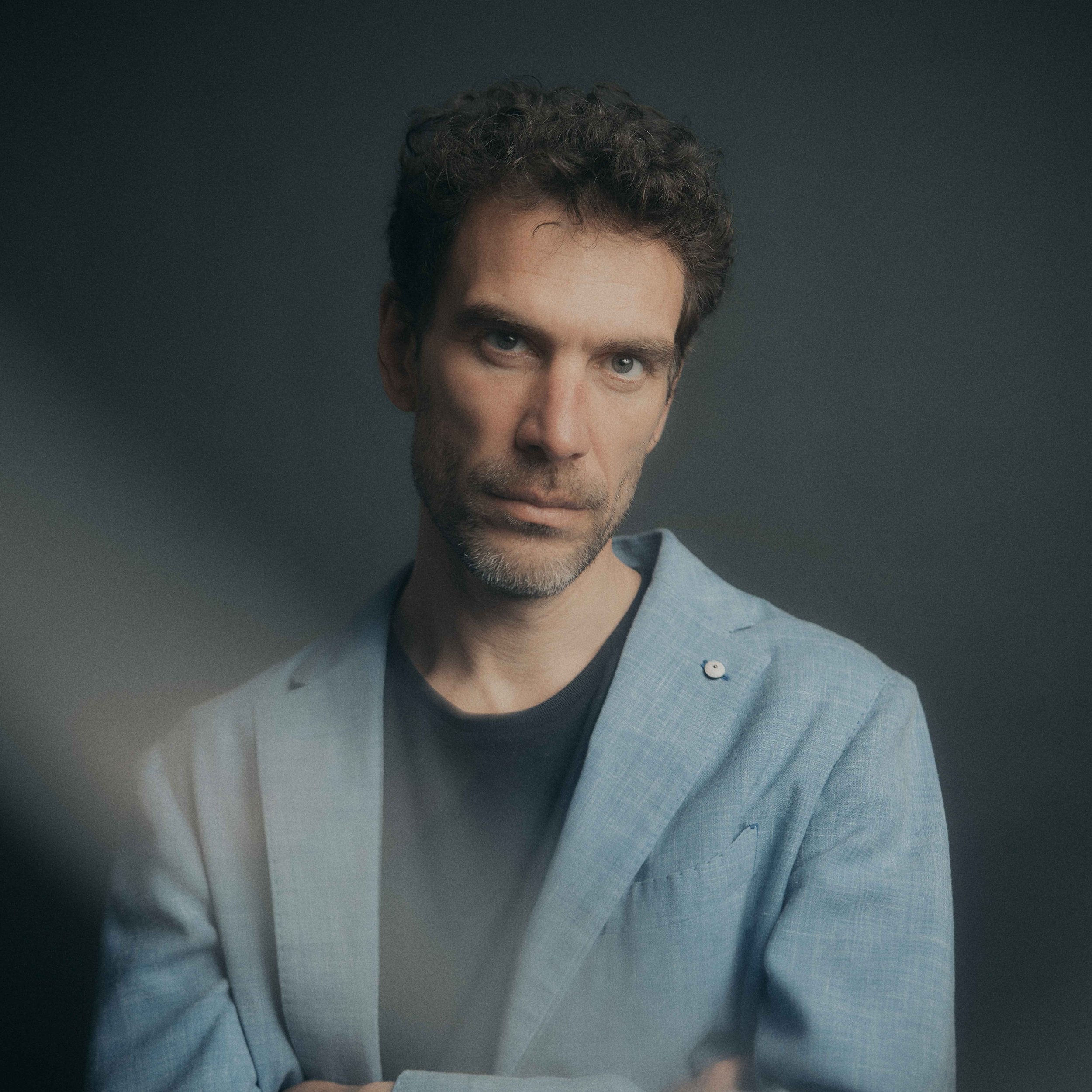Robert, do you remember your first encounters with music?
“My parents always listened to music. There was a piano in the living room, and when I was around ten, they insisted I should take lessons. I did – but honestly, without much enthusiasm. My brother had started much earlier and was ten times better, so I didn’t feel motivated. Today, of course, I’m infinitely grateful to my parents. Later in my studies, when piano became a compulsory instrument, I started practicing intensely – Beethoven, Debussy – and at some point, I spent far more hours at the piano than with the flute.”
Your musical path actually started with the flute. Does it still shape you?
“Absolutely. I started at six and later studied flute in Dortmund. It taught me breathing, phrasing, and how to carry a line – all things that shape my piano playing today. At sixteen, I joined rock and soul bands, and during an exchange semester in Granada I discovered the double bass. That’s when improvisation became my passion – and it still defines me. In a way, my compositions are written improvisations.”
Your music is often described as melancholic. Do you agree?
“Yes. That’s very much part of me. I feel connected to Pärt, Chopin, Satie – in reduction, in the silence between notes. Antoine de Saint-Exupéry once said: Perfection is achieved not when there is nothing more to add, but when there is nothing left to take away. That’s my credo: less is more.”
There’s often a cinematic quality in your pieces. Where does that come from?
“It comes from my past. I composed for film, TV and radio for many years – for example for WDR’s Sendung mit dem Elefanten, Die Sendung mit der Maus and even the Sandmännchen. In 2023, the film Warum gibt es unterschiedliche Hautfarben? that I scored was nominated for the Grimme Award. Those years were an invaluable school in timing, dramaturgy, and atmosphere. Today I focus on my own work, but if a story and its visual language truly inspire me, I would happily return to film scoring.”
Why do you often write for instruments beyond the piano?
“Because sometimes strings – a violin, a cello – can sharpen an emotion in a way the piano alone cannot. The combination creates a space that feels denser, more immediate. It’s about finding the clearest way to express a feeling.”
With “Dreamland” and “Little Life” you’ve reached a huge audience. What’s the essence of these pieces?
“Honesty. Both pieces are radically simple: a clear melody, a breathing pulse, nothing superfluous. That’s not minimalism for its own sake, but for the sake of truth. I keep only what truly carries.”
How do your pieces usually come to life?
“I improvise until a melodic phrase emerges that feels inevitable. Then I start reducing. I cut back until the piece breathes on its own. Production and sound design come only at the very end.”
Berlin – blessing or curse?
“Both. Berlin is full of inspiring musicians, and the short distances to studios make work easy. At the same time, I sometimes miss the poetry and silence of nature. I actually need both: the city’s energy and the calm of the countryside.”
And .aerob – your other project?
“.aerob is my counterweight. There, I allow myself beats, drums, and electronic sounds whenever I crave other timbres. It keeps my producer skills alive and reminds me that music can also be physical and playful. Still, the piano remains at the center of everything.”
When do you know a piece is finished?
“When there’s nothing left to take away without breaking it. When the melody still speaks after the reverb has faded.”
You collaborate with many musicians. How important is that for you?
“Very important. Working with artists like Claudio Constantini, Alexander Motovilov, Glenn Chiller, Jonas Hain or Emilio Piano constantly opens new doors. Each brings their own world, and in the dialogue something truly new arises. For me, collaboration is one of the most rewarding parts of being a musician.”
What are you working on right now?
“I’m currently working on an album together with Jonas Hain. It will be very cinematic and deeply emotional – but that’s all I can reveal for now.”
Robert Gromotka
